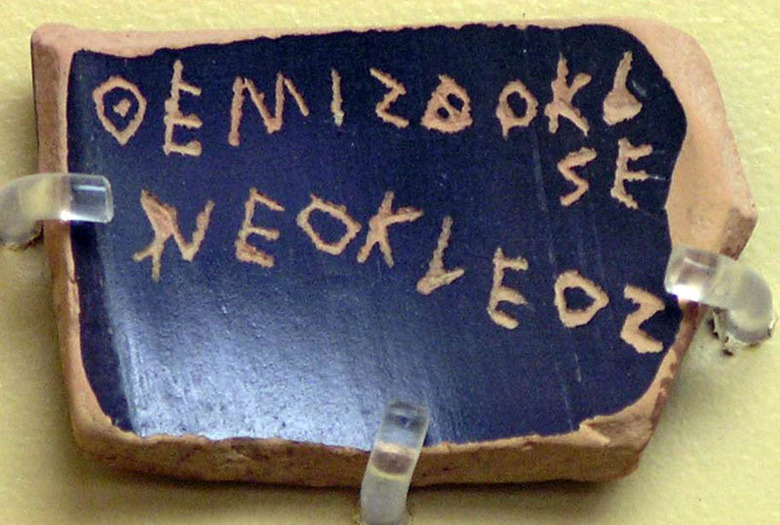- Subject:
- Philosophy
- Material Type:
- Module
- Provider:
- Ohio Open Ed Collaborative
- Tags:
- License:
- Creative Commons Attribution Non-Commercial
- Language:
- English
- Media Formats:
- Text/HTML
Aristotle's Nicomachean Ethics Selections
Bentham's Principles Selections
Butler's Sermons Selections
deGrouchy's Letters on Sympathy Selections
Epictetus' Enchiridion Selections
Epicurus' Principal Doctrines (complete)
Hobbes' Leviathan Selections
Hume's Enquiry Selections
Kant's Fundamental Principles Selections
Locke's Second Treatise Selections
Mill's Utilitarianism and On Liberty Selections
Plato's Euthyphro Selections
Plato's Republic Selections
Wollstonecraft's Vindication Selections
3.1 Primary Sources in Normative Ethics

Overview
This module presents sources in normative ethics. There are two types of material: first (in "Section 2"), there is a collection of primary sources with introductions, biographical sketches, and reading/reflecting questions; second (in "Section 3"), there is a link to a textbooks and the sections therein that significantly address normative theory via primary sources.
[Image Source - Marsayas, AGMA Ostrakon Themistocle3 - CC BY-SA 3.0. ]
Learning Objectives
The material in this module contributes to the following Ohio Introduction to Ethics TAG Outcomes:
- Demonstrate exposure to and knowledge of the views and approaches to specific issues in ethics as presented in the writings of several figures/texts from the history of philosophy.
- Demonstrate exposure to and knowledge of the views and approaches to specific moral problems or ethical issues as presented in the writings of several figures/texts from contemporary philosophy.
- Demonstrate increased awareness and understanding of complex issues and complex ethical issues as presented in philosophic texts.
- Demonstrate an understanding of how to examine questions and issues from diverse perspectives.
- Demonstrate exposure to and recognition of philosophical arguments addressing traditional and contemporary ethical and moral issues within the contexts and traditions that inform them.
- Comprehend, analyze, and evaluate diverse philosophical arguments regarding ethical matters within the contexts and traditions those matters are cast.
Primary Sources with Reading Questions
Each of the following includes lengthy selections from primary sources, biographical and introductory material, notes, and questions for reading and reflection.
Recommended Textbook Resources
Words of Wisdom: Introduction to Philosophy
This is a free introduction to philosophy textbook that significantly engages in philosophical ethics. It includes both selections from primary sources and summaries of theories and addresses "non-Western" source material. Chapter 6, on "Modern Wisdom" includes discussions of more recent and contemporary philosophers such as deBeauvoir, Anscombe, and Foote. Sections can be navigated to from the "Content" tab in the page. Here are direct links to some of the lengthier selections in moral theory from the textbook.
Aristotle, Nicomachean Ethics Selections
Augustine, "The Nature of Good"
Bentham, Excerpts from The Principles of Morals and Legislation
Mill, Excerpts from Utilitarianism
Kant, Excerpts from The Fundamental Principles of the Metaphysics of Morals
Nietzsche, Excerpts from Beyond Good and Evil
Rand, Excerpts from Various Works
Buddhist Teachings, Brief Overview
Confucius, Selections from The Analects
South and East Asian Philosophy Reader: An Open Educational Resources
This free text contains introductions to Asian philosophies as well as significant selections from primary sources.
This page contains links to numerous resources on Chinese philosophy - including translations, commentaries, reference works, and history.